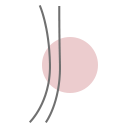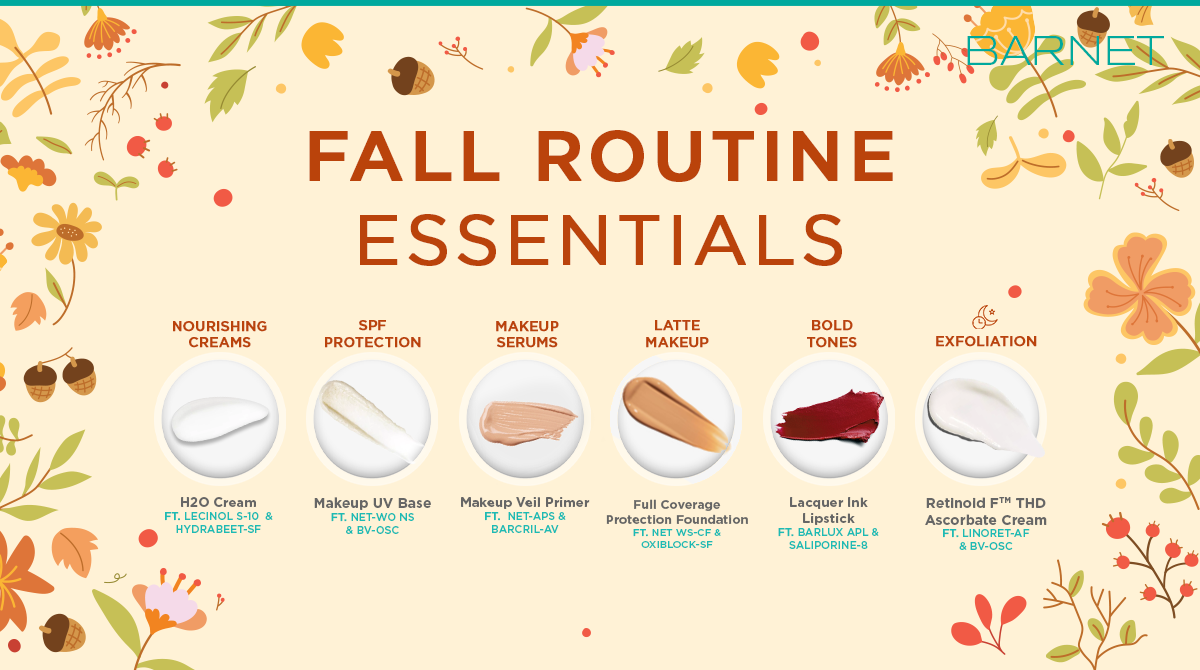Inclusive Beauty has become an industry buzzword, encompassing nontraditional and new consumers that are becoming increasingly important for the beauty industry to target. Inclusivity has become an important consideration when developing products resulting in cosmetic companies launching inclusive makeup lines.
Undoubtedly, Fenty Beauty’s 2017 “Beauty for All” campaign was the spark of global change within the industry toward inclusive beauty. On a larger scale, various companies have since then launched ethnicity, gender, and age-inclusive campaigns.
Inclusive beauty refers to the beauty that caters to all individuals, regardless of their gender, age, race, ethnicity, religion, skin tone, skin type, etc.
From the models featured in advertisements, inclusivity in beauty is meant to draw in a wider range of consumers than the beauty industry has traditionally targeted. This also includes inclusive formulation requirements like Halal Certified and packaging (adaptive makeup/skincare tools designed for individuals with motor disabilities that make beauty more accessible).
Consumers increasingly seek out products that look like them, or are even personalized to them, and demand accountability from companies around their diversity and inclusion practices, inclusive beauty has become more important than ever.
Gender-neutral makeup lines are the next step in inclusive beauty, as younger generations erode traditional gender norms and stigmas.
In the last couple of years male personal care such as male makeup has been on the rise due to APAC influence. China represents one of the fastest-growing markets for men’s beauty and grooming products: the country’s male skincare market was more than twice the size of South Korea’s and more than 3 times the size of the US market as of last year, per Euromonitor.1
Inclusivity will remain vital for companies looking to stay competitive and acquire new customers in the beauty market. Ultimately, consumers will continue to demand new options across categories like male grooming, children’s skincare, adaptive solutions and more.
Testing is crucial when developing beauty products from ingredient selection to formulas as it’s important to understand their performance, safety, properties, and benefits.
When it comes to product testing lack of inclusivity is noticeable, in a recent study from CB Insights black dermatologists’ makeup just 3% of the field in the US, which has marked effects on beauty product development. Deeper skin tones react differently to skin conditions like acne, and eczema and it is more susceptible to hyperpigmentation due to higher amounts of melanin. Many products are tested on lighter skin tones, ignoring their efficacy entirely for people with different skin tones.2
Consumers are looking for brands that emphasize ingredient transparency, inclusive testing, and are specially designed for their skin types, age, and gender.
Inclusivity includes race, age, ethnicity, gender, skin tone, or skin type. Barnet showcases our Inclusively tested bio-actives in The Inclusive Beauty Starting Formula Collection spanning the scale of inclusivity by offering eight, unique, inclusive formulas.
Barnet’s approach to Inclusive Beauty encompasses a broad range of focus. Bio-Actives were selected for this collection specifically taking into consideration their inclusively tested in vivo studies ranging in gender, age, skin tone and skin type. The starting formulas were designed for multiple skin tones and shade tested on multiple ethnicities with numerous formulas available in two varying shades.
Log in now to explore the whole collection!
*References 1-2 can be supplied upon request






